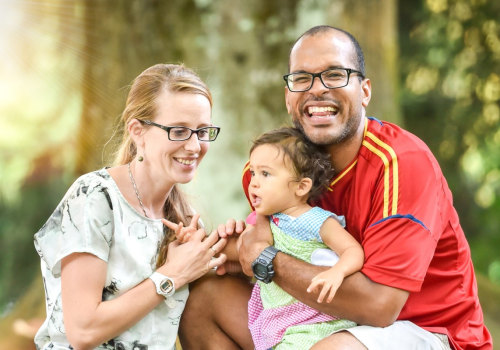The main difference is that, with a guardianship, the child's parent (s) still retains parental rights over the child. As such, the parent can ask the court to have reasonable contact with their child. In an adoption, however, parental rights are permanently terminated. There are certain times when guardianship rights can override the wishes of a biological father.
This usually occurs when the child is in the physical custody of the guardian. In such a case, parental authority is not actually terminated. Rather, the rights are suspended until the court deems it appropriate to restore them. During this period, the guardian will be responsible for making all important decisions about the child's life.
For more information on how this works in your jurisdiction, contact a child custody lawyer. Legally, a guardian is not a parent. As such, the rights and responsibilities of the guardian are not referred to as parental rights. A guardian is a designated non-parent who protects the child's interests.
With guardianship, parents still have parental authority and can ask the court for reasonable contact with the child. With an adoption, parental rights are permanently terminated. Once the court signs the order, the guardian must take the prepared guardianship letters to the clerk's office, where the clerk will issue the letters. A child may need you to be the guardian of the estate if you inherit money or assets where the parents are absent or dead.
However, it must be demonstrated that guardianship is no longer necessary or that termination of guardianship is in the best interests of the child. Guardianship can be canceled by the child if he is 12 years of age or older, the child's parents, or the guardian. However, there are some jurisdictions where parents and guardians maintain the same authority at the same time. If none of these events have occurred, the child, parent, or guardian can ask the court to terminate the guardianship.
You should seek additional information about guardianships in the state where you want the child to live. Wallin & Klarich's guardianship attorneys have handled guardianships and other family law matters for more than 30 years. This way, your wishes are in a legal document signed by both parents, and the court can refer to them if you die or become incapacitated. A person's guardianship ends automatically when the child turns 18, is adopted, marries, emancipates by court order, enters military service, or dies.
A guardianship is very complex and it's important that an experienced California guardianship attorney be there to guide you. The court will grant guardianship if it is proven, through clear and convincing evidence, that the appointment of the guardian serves the best interests of the child (see California Family Code 304). When a court appoints you as the person's guardian, you will have the same responsibilities to care for the child as the natural parent. When a parent decides to appoint a guardian, they can ask the court at any time to revoke the guardianship.
You must file a petition or include a request for approval in the original petition and establish what exceptional circumstances justify the use of guardianship assets for child support.










